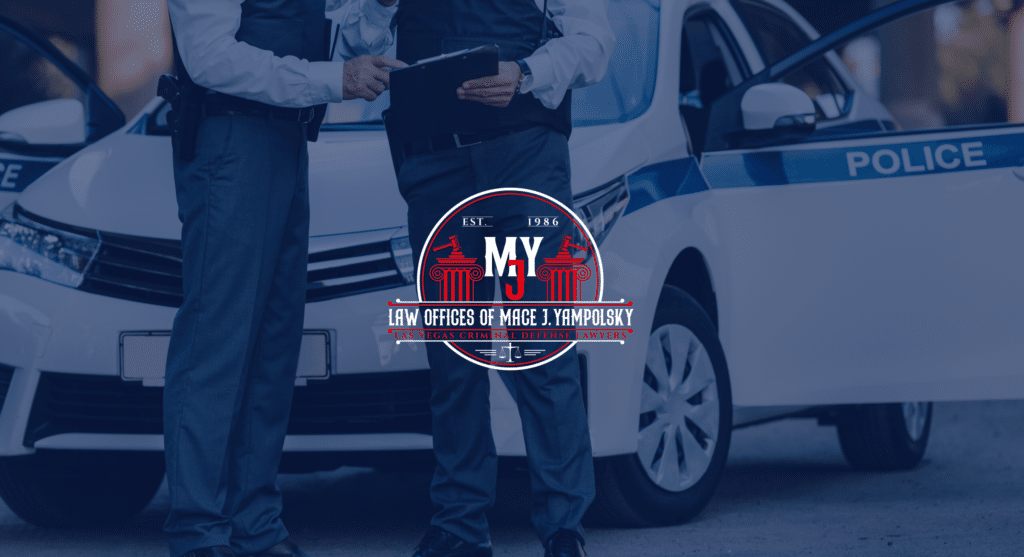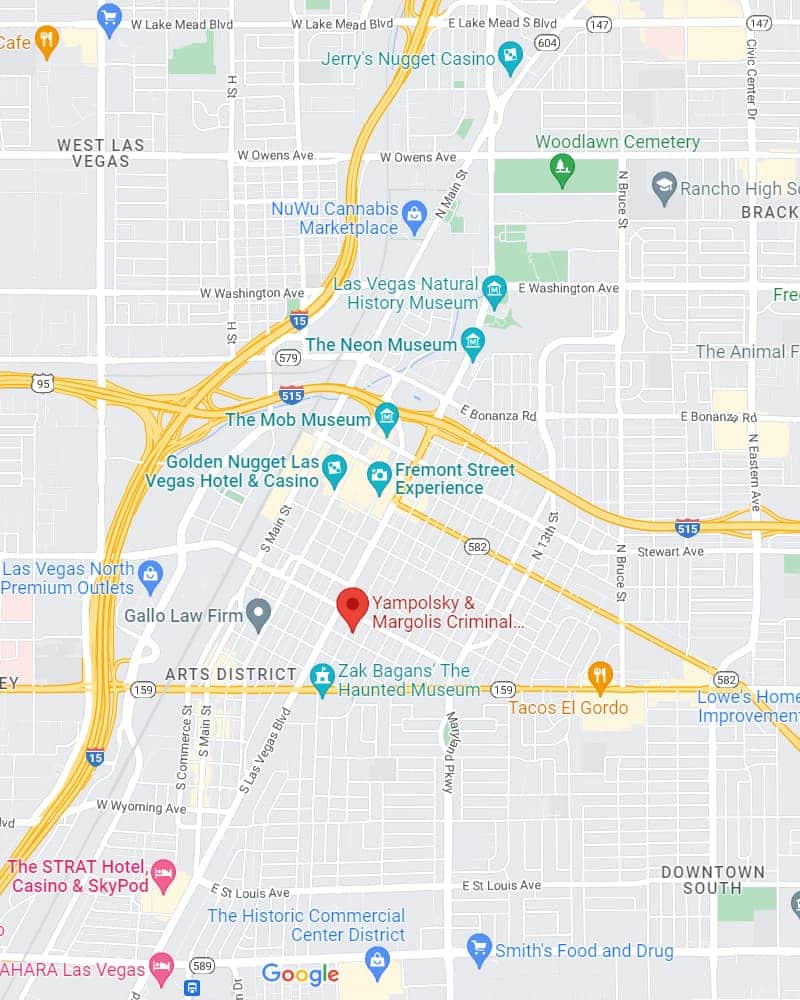Roadside tests are also known as “field sobriety tests” FSTs. I call them roadside tests because they are generally taken on the roadside and most people may not understand the term field sobriety test. Three tests are usually given.
Horizontal Gaze Nystagmus Test (HGN)
The first test would be the horizontal gaze nystagmus test abbreviated as HGN. In this test, the officer would stand in front of the client and move his finger or a pen from right to left in front of the client’s eyes to a distance of about two feet each way. The person would be instructed to follow the finger with their eyes without turning their head.
In this test, the officer would be looking for nystagmus, which is an involuntary jerking of the eye. It would be evidence of nystagmus if the person followed the officer’s finger and their eye jerked prior to the officer stopping his finger. That would be considered evidence that the person was under the influence. It would also be considered nystagmus if the person had involuntary jerking of their eyes prior to fortyfive degrees.
How The Breath Test Can Overrule Other Field Sobriety Tests?
The officers would probably have a portable breath tester (PBT) with them, so the person could blow into it and it would show a reading of their blood alcohol level. The actual reading itself would not be admissible in court, but it would be a factor in determining whether there was probable cause to arrest them.
The officer would sometimes feel the person did okay on the field sobriety test, but then they would give the portable breath test or any FSTs which would come back over a .08 so they would decide to arrest the person based on that. There is no requirement that you need to take a PBT at the scene.
Nevada’s Law Regarding Refusing Sobriety Tests
Whatever the person does, they should not consent to any roadside tests. The law in Nevada used to state there was no right to refuse, so if a person refused to take a blood test, a group of officers would hold them down and take a blood sample whether they liked it or not. But now you can insist that the police get a warrant.







